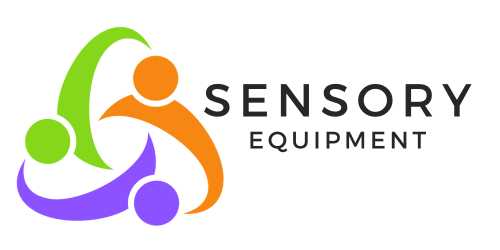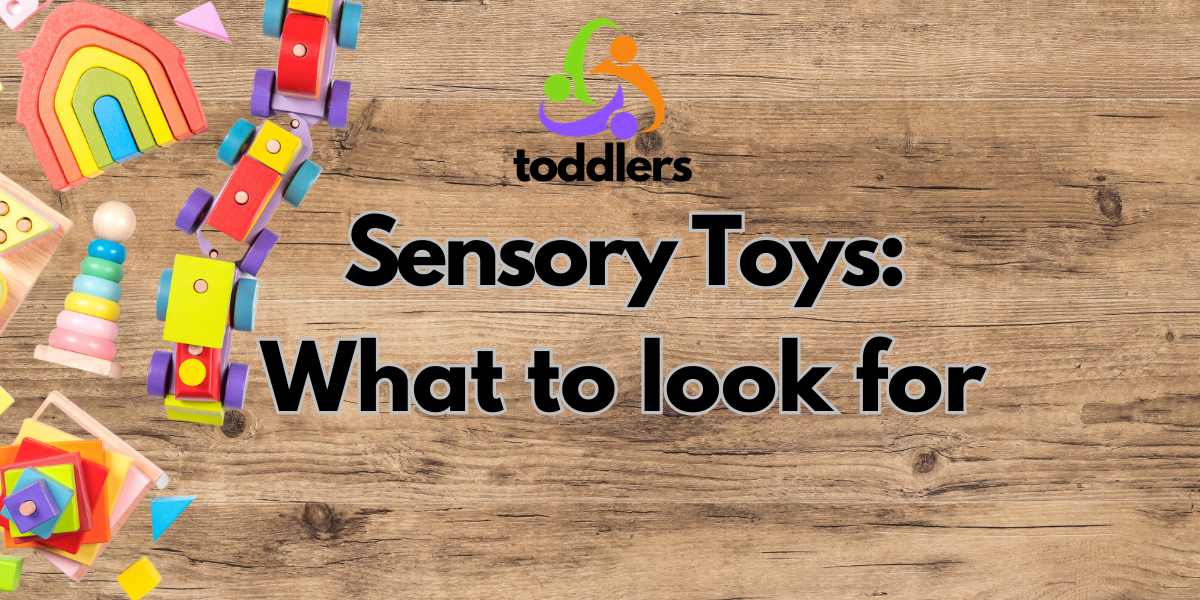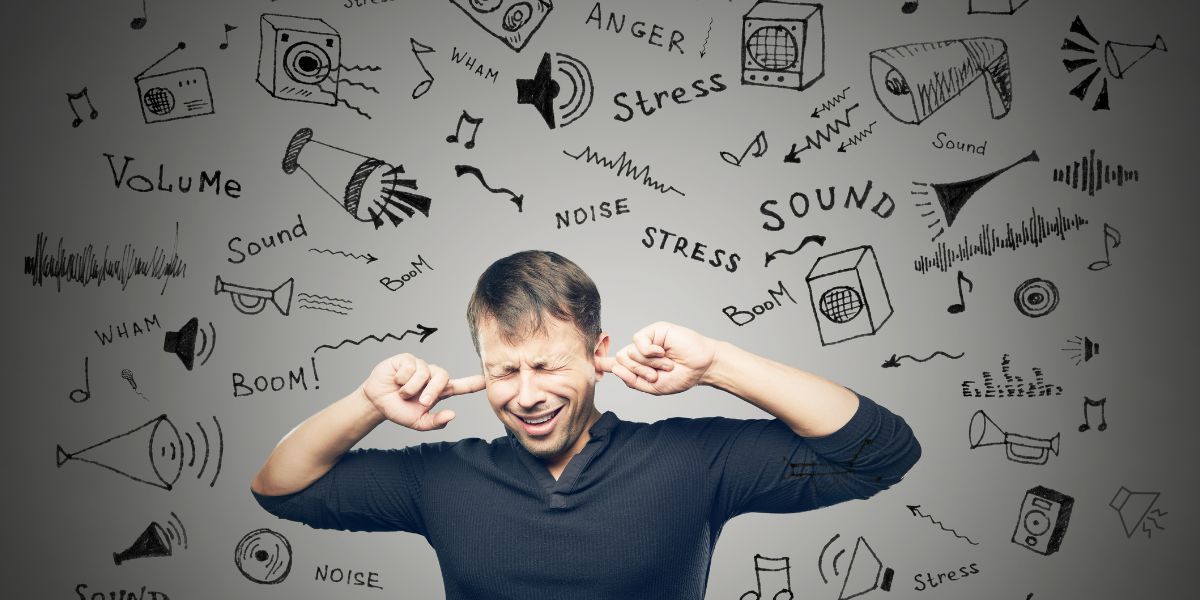Selecting the right sensory toy for a toddler with autism can greatly benefit their development and sensory integration. Here are some qualities that make a good sensory toy for toddlers with autism:
Multi-Sensory Stimulation
Look for toys that engage multiple senses simultaneously. Toys that combine visual, tactile, auditory, and even olfactory (smell) elements can be especially effective. For example, toys that make sounds, have different textures, and display bright colours can be engaging.
Calming and Soothing
Sensory toys should help children regulate their sensory experiences. Toys that provide a calming effect or allow the child to self-soothe are often preferred. Weighted toys or those that emit soft, soothing sounds can be helpful.
Tactile Variety
Children with autism often benefit from toys with various textures and materials. Toys that are soft, squishy, textured, or provide different sensations when touched can be particularly appealing.
Safety
Ensure that the sensory toy is safe and appropriate for the child’s age. Check for small parts that could be a choking hazard and make sure the toy is made from non-toxic materials.
Adjustability
Some sensory toys can be overwhelming for children with autism, so having adjustable features is important. Toys with adjustable lights, sounds, or vibration settings allow you to tailor the sensory input to the child’s preferences.
Durability
Children with autism may engage with toys more intensely or differently than typically developing children, so look for toys that are sturdy and can withstand repeated use.
Portable and Easily Cleaned
Sensory toys that are easy to clean are important for hygiene. Additionally, toys that are portable can be taken to different environments to help the child cope with sensory challenges in various settings.
Age-Appropriate
Choose toys that are age-appropriate and match the child’s developmental level. A toy that is too advanced or too simple may not be engaging or helpful.
Individualised Preferences
Every child with autism is unique, so pay attention to the child’s individual preferences and sensitivities. Some children may prefer toys that provide deep pressure input, while others may prefer toys that are visually stimulating.
Consult a Specialist
If you’re unsure which sensory toys would be best for a specific child, consult with a paediatric occupational therapist or a specialist who can provide personalised recommendations based on the child’s sensory needs.
Remember that what works for one child with autism may not work for another, so it’s important to observe the child’s reactions and adapt accordingly. Sensory toys should ultimately be tools to help children with autism explore and regulate their sensory experiences in a way that is comfortable and enjoyable for them.




